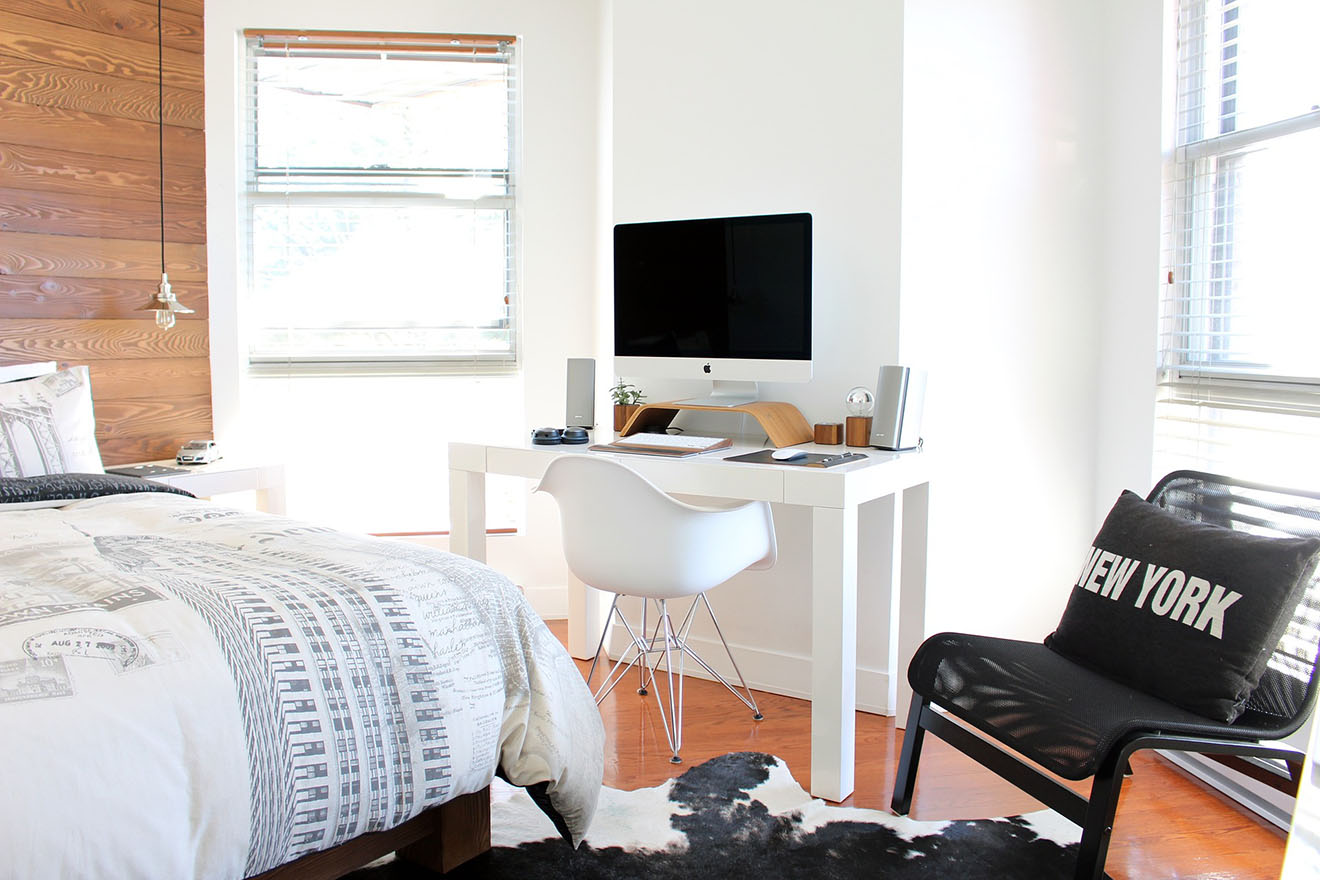Documents to be provided in the file
You have found your accommodation and prepared your budget. The final step in your accommodation search is putting together your file. You have to put together a file whether your accommodation is in university accommodation, CROUS accommodation or with a private landlord.
The file
This usually contains:
- A French or foreign identity document
- Proof of your current address, usually your last three water or electricity bills, or rent receipts in your name (and an accommodation certificate accompanied by the host’s identity document if the supporting documents are not in your name) (Not required by CROUS)
- A student card or certificate of attendance at an educational establishment for the current academic year
- UA bank statement (relevé d’identité bancaire (RIB))
- A training agreement or a hosting agreement if you are doing a work placement or a mentored exchange program OR An employment contract supported by your 3 last pay slips if you have a student job
- A notice of the award (even if its conditional) of a grant based on social criteria (not requested by CROUS)
- A deed of guarantee by a natural or legal person or the Visale guarantee
- Your assessment for housing assistance.
If you choose a deed of guarantee by a natural or legal person, you guarantor must also provide the following documents:
- An identity document
- A proof of address
- A work contract
- Your 3 last pay slips or your last 3 proofs of payment of retirement benefits or pensions
- Your last or second to last tax notice.
Please note: Neither your landlord nor a private individual can ask you to provide your social security number or your social security card, your medical record, your criminal record or a certificate of sound management of your bank account. For further details, and in order to avoid being the victim of abusive requests, do not hesitate to refer to Decree No. 2015-1437 of November 5, 2015 which sets out the list of supporting documents which may be requested from an applicant wishing to rent and from their guarantor.
The lease contract
The lease agreement is the key document for your accommodation. It finalizes your rental, and it is important to pay attention to it. The agreement is the final step in the process and enables you to know the conditions of occupation of your home. Here is what you should expect to find in a lease agreement
The lease agreement
- The name and address of the landlord and their representative.
- The name of the tenant.
- The date on which the lease agreement starts to apply and its duration.
- The purpose (or intended use) of the dwelling (in your case, as accommodation).
- The precise description of the accommodation and its associated facilities (address, private facilities, living area, cellar, garage, garden, parking, etc.).
- Facilities for accessing information and communication technology (means of receiving television services in the building, access to the internet, etc.).
- Identification of communal areas.
- The cost of the rent and methods of payment.
- The amount and date of the last rent paid by the previous tenant, if the previous tenant left the apartment less than 18 months before the signing of the lease (valid for private housing).
- The nature and amount of work carried out in the accommodation since the end of the last rental agreement or since the last lease renewal.
- The cost of the security deposit.
The agreement should be written and signed by the owner or the landlord and the tenant. It can be in the form of a deed on piece of paper of which you receive an original, or an authenticated deed drawn up by a lawyer, of which you receive a copy.
The inventory of fixtures on arrival and the certificate of home insurance must be attached to the lease agreement when the agreement is signed.
Please note the following clauses and requests should not be included in the contract:
- Demands that the tenant takes out home insurance with a company chosen by the landlord.
- Requests that the tenant allows visits to the accommodation to take place during public holidays with a view to selling or renting the property.
- Demands that the rent be paid by direct debit.
- Stipulations that tenants are collectively responsible for any damage to communal areas in the building.
- Allowances for the automatic termination of the lease for reasons other than the non-payment of rent, charges, the security deposit or failure to take out rental insurance.
- Prohibition of the tenant from exercising a political, union- or association-based, or religious activity.
- Prohibition of the tenant from having visitors who do not usually live with them.
- Charging the tenant a reminder fee or a fee for posting the receipt.
- Stipulation that the tenant is automatically responsible for any damage found in the accommodation.
- Arrangement for the renewal of the lease by tacit agreement for a period of less than 3 years if the landlord is a natural person and 6 years if the landlord is a legal person (company, insurance company),
- Stipulation that any month started is due, forcing the tenant to pay the full rent despite giving notice of departure, even if this notice ends mid-month
The lease is governed by the law, which establishes standard contracts for empty, furnished and shared rentals.
In the case of renting accommodation in a residence managed by CROUS :
You will just be sent a unilateral admission decision by electronic means before your arrival. In this decision, you will find all the obligations concerning you as the recipient.
In the case of accommodation in exchange for a service :
For the moment, the law does not provide a good framework for this type of accommodation. Owners who rent for services can either offer you a furnished rental contract (if the services performed are less than or equal to the rent that would normally be charged), or an employment contract.
In the case of an employment contract, the salary equates to free accommodation. After that, it all depends on the hours which you work. If the services rendered represent 10 to 15 hours of work per week, the owner cannot ask you for extra money. If the services you provide are more than 15 hours per week, the owner must then pay you. Look closely at the written agreement between you and the owner. This document should clearly show :
- the beginning and the end of the period of exchange of accommodation for services
- the nature of the services
- the schedule and the number of hours
- the type of accommodation (bedroom, studio, etc.)
- rules for the living environment and the division of the rental charges

